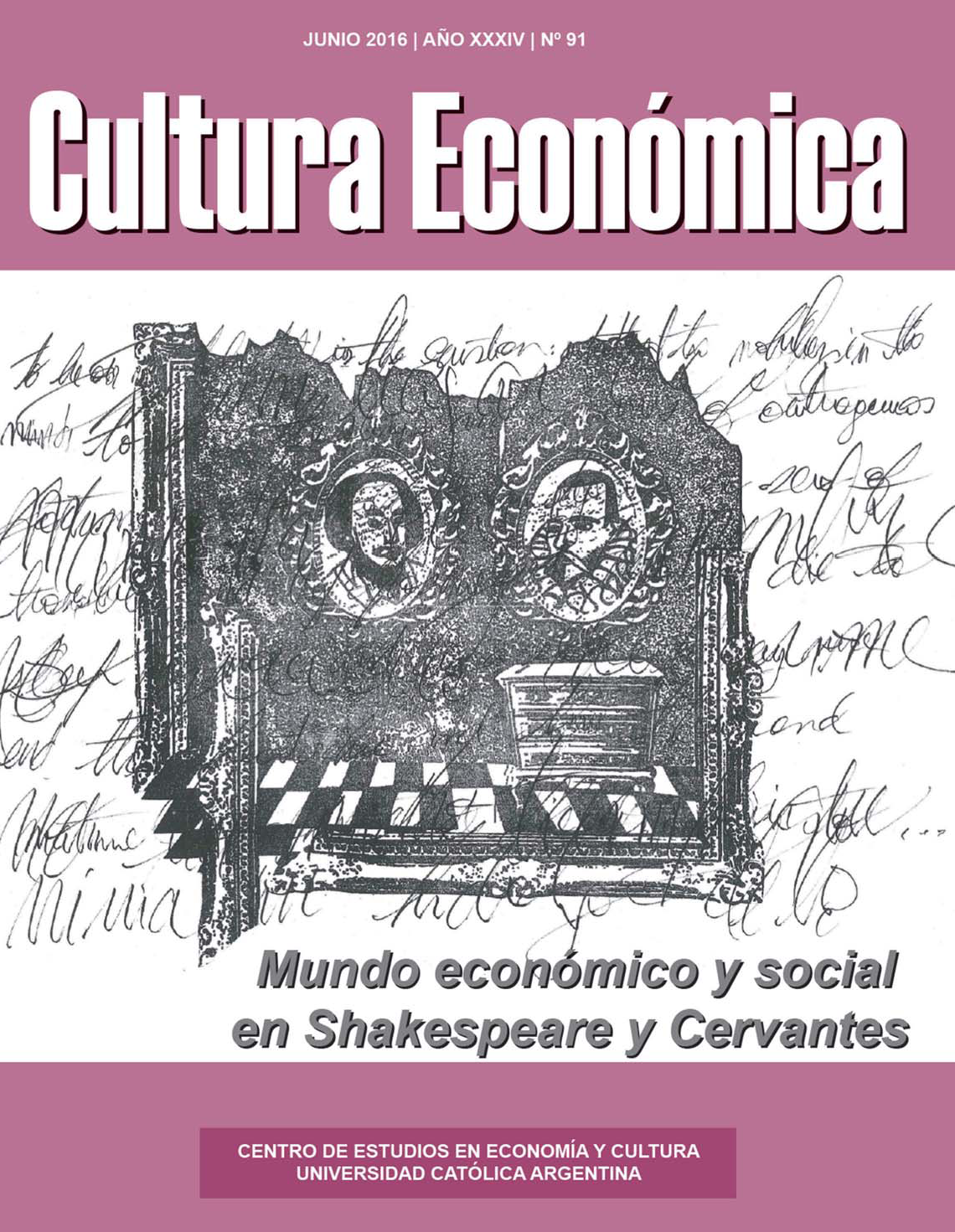Don Quixote or the First Modern Subject
Keywords:
Don Quixote, subject, object, Modernity, narrative matrix, heroism, antiheroismAbstract
This work intends to analyze the figure of Don Quixote, in the novel of Cervantes, in the light of a general theory of the three narrative matrixes (cosmogonic, heroic, and novelistic) that define the gradual decline in will, power and effectiveness of the actant-subject in its relations with the world-object. The case of Don Quixote presents itself as emblematic of the new modern subjectivity, not only because it inaugurates the model of a subject of omnipotent pretensions vis-a-vis objective reality, but because it anticipates, and in a certain way consumes, the entire parable of Modernity, by presenting the evolution of that initial omnipotent and effective subject towards ineffectiveness, impotence, apathy and failure.Downloads
References
Bakhtine, M. (1978). Esthétique et théorie du roman. Gallimard, Paris.
Año XXXIV.
Bal, M. (1995) Teoría de la narrativa. Una introducción a la narratología, 4ª ed. Cátedra, Madrid.
Bauzá, H. F. (1998). El mito del héroe. Morfología y semántica de la figura heroica. Fondo de Cultura Económica, Buenos Aires.
Brémond, C. (1982). “La lógica de los posibles narrativos”,
en AA.VV. Análisis estructural del relato, Ediciones Buenos Aires, Barcelona, pp. 87-109.
Carlyle, T. (1985). Los héroes. Sarpe, Madrid.
Cervantes, M. de (1982). El ingenioso hidalgo Don Quijote de la Mancha. Edición, introducción y notas de Martín de Riquer, 3ª ed., Planeta Barcelona.
Dolezel, L. (1999). Heterocósmica. Ficción y mundos posibles. Arco Libros, Madrid.
González, J. R. (2016). Don Quijote y Martín Fierro: muerte y transfiguración del heroísmo. Universidad de Alcalá (Instituto Universitario de Investigación Miguel de Cervantes), Alcalá de Henares.
González, J. R. (2013). Los Milagros de Berceo: alegoría, alabanza, cosmos. Miño y Dávila, Buenos Aires.
González, J. R. (2008). “El Quijote desde los libros de caballerías”, en Lucía Megías, José Manuel - Bendersky, José Adrián (eds.). El Quijote en Azul. Centro de Estudios Cervantinos - Instituto Cultural y Educativo del
Teatro Español, Alcalá de Henares - Azul, pp. 75-97.
Greimas, A. J. (1987). Semántica estructural. Investigación metodológica, 3ª reimp. Gredos, Madrid.
Hegel, G. W. F. (1947). Poética. Espasa Calpe, Buenos Aires.
Lukac, G. (1966). Teoría de la novela. Siglo Veinte, Buenos Aires.
Ortega y Gasset, J. (1984). Meditaciones del Quijote. Edición de Julián Marías, Cátedra, Madrid.
Rosales, L. (1985). Cervantes y la libertad, 2 vols., Ediciones Cultura Hispánica — Instituto de Cooperación Iberoamericana, Madrid.
Sabor de Cortazar, C. (1987). Para una relectura de los clásicos españoles. Academia Argentina de Letras, Buenos Aires.
Scheler, M. (1961). El santo, el genio, el héroe. Nova, Buenos Aires.
Todorov, T. (1982). “Las categorías del relato literario”, en AA.VV. Análisis estructural del relato, Ediciones Buenos Aires, Barcelona, pp. 155-192.
Unamuno, M. de (1981). Vida de Don Quijote y Sancho, 17ª ed., Espasa Calpe, Madrid.
Downloads
Published
How to Cite
Issue
Section
License













